How to Define Your Curls Based on Your Hair Type?
How to Define Your Curls Based on Your Hair Type?
Wavy, curly, coily and kinky hair require special care to enhance their natural texture. One of the essential steps in bringing out the best in these hair types is properly defining the curls. However, it’s crucial to understand that each hair type has its own unique needs and characteristics. In this article, we will guide you on how to effectively define your curls according to your hair type. Whether you have loose or tight waves, we have the advice you need to flaunt beautiful and healthy hair.
Washing and Preparation
Before defining your curls, it’s essential to prepare your hair. Use a shampoo and conditioner that are suitable for your hair type and scalp. Hydrating products are crucial to prevent dryness and frizz. After washing, we recommend using your conditioner or a detangling treatment to gently remove knots with your fingers to prevent breakage. If needed, you can later use a wide-tooth comb or an appropriate brush, such as the “Brush with the Best” by Felicia Leatherwood that we use at the studio.
Our Selection of Shampoos and Conditioners for Textured Hair:
Understanding Your Hair Type
Before you begin to define your curls, it’s essential to understand your hair type. Wavy, curly, coily, and kinky hair fall on a spectrum of texture, ranging from loosest to tightest curls. Here’s how to identify your hair type:
- Wavy: Often appearing straight, your hair reveals its waves after you shower. Your hair forms gentle undulations along its length rather than at the root, creating light S-shaped curls.
- Curly: You have a variety of curls distinguished by their width, flexibility, and various shapes. Some take on an S-shaped silhouette, while others are tighter. Maintaining proper hydration is essential to preserve the shape of your curls, as they can quickly lose definition if they become too long or dehydrated.
- Coily: Your curls can be compared to tight, small springs. Their volume gives the illusion of thick hair, though they are actually very fine and particularly delicate. They tend to be naturally dry, leading to frizz and puffiness.
- Kinky: Your hair resembles a multitude of extremely tight springs, creating impressive density. When wet, they stretch considerably in length, but once dry, they shrink. Contrary to what one might think, your curls are actually very fine and prone to breakage. They are often very dry and require constant moisture.
Knowing the thickness of your hair will also help you choose the most suitable products for defining your curls. To determine if your hair is fine or thick, hold one of your hair strands between your thumb and index finger:
- If you can’t feel the hair between your fingers, you have fine hair.
- If you can slightly feel the hair, you have medium hair.
- If you can feel the hair well between your fingers, you have thick hair.
Our Selection of Styling Creams and Gels for Fine Hair:
Our Selection of Styling Creams and Gels for Medium Hair:
Our Selection of Styling Creams and Gels for Thick Hair:
Product Application
When applying styling products to define your curls, make sure to do so strategically. For wavy hair, apply the product from mid-length to the ends to avoid weighing down the roots. For curly, coily, and kinky hair, work and smooth the product in sections to ensure that each curl is well defined. If you have wavy or curly hair, you can use a “scrunching” technique to encourage curl formation.
Drying
Drying is a critical step in defining curls. For wavy hair, use a low-heat diffuser to preserve the waves. For curly hair, use the “plopping” technique by wrapping your hair in a microfiber towel to reduce frizz. Curly and kinky hair, on the other hand, should be dried using a diffuser or a hooded dryer.
Daily Maintenance
To maintain well-defined curls on a daily basis, use a satin bonnet or pillowcase to protect your curls at night. If necessary, use a moisturizing spray or cream to refresh your hair. However, be careful to spray only the areas that truly need it, often the front and the top of the head. Lastly, avoid excessive touching of your hair to prevent frizz.
Our Selection of Moisturizing Sprays for Textured Hair:
No posts were found for provided query parameters.
Adapting to the Seasons
The needs of your curls can vary depending on the seasons. In summer, reduced humidity can lead to dryness, while in winter, increased humidity can cause frizz. Adjust your hair care routine accordingly by incorporating a gel to hold the finish of your curls in summer or a mousse to prevent your curls from losing definition.
Consult a Curl Specialist
If you’re having trouble defining your curls despite all your efforts, don’t hesitate to consult a specialist in textured hair. They can provide personalized advice and recommend products suitable for your hair type.
In Summary
Defining your curls based on your hair type requires patience, maintenance, and suitable products. Each hair type has its unique characteristics, but by following these tips, you can enhance the natural beauty of your wavy, curly, coily, or kinky hair. Remember that the key lies in hydration, careful product application, proper drying, and a hair care routine tailored to your hair type. With a little practice, you can proudly flaunt gorgeous and healthy curls.
If you have any further questions about maintaining and caring for your curly hair, please don’t hesitate to ask in the comments We’re here to help and will gladly address all your inquiries.
Finally, if you want to take your curly hair care to the next level, why not schedule a personalized hair diagnostic appointment? Our team will be delighted to guide you towards a tailored hair care routine for even more vibrant and beautiful curls.
Why are your curls dry?
“My hair is dry” is THE sentence I almost always hear when we first meet. In just a few
How to choose a color service for curly hair?
How to choose a hair color for waves, curls, coils and tight curls ? You want a bright and harmoniou
How to find your hair routine?
HOW TO FIND YOUR HAIR ROUTINE? Caring for textured hair can seem complicated when faced with the mul





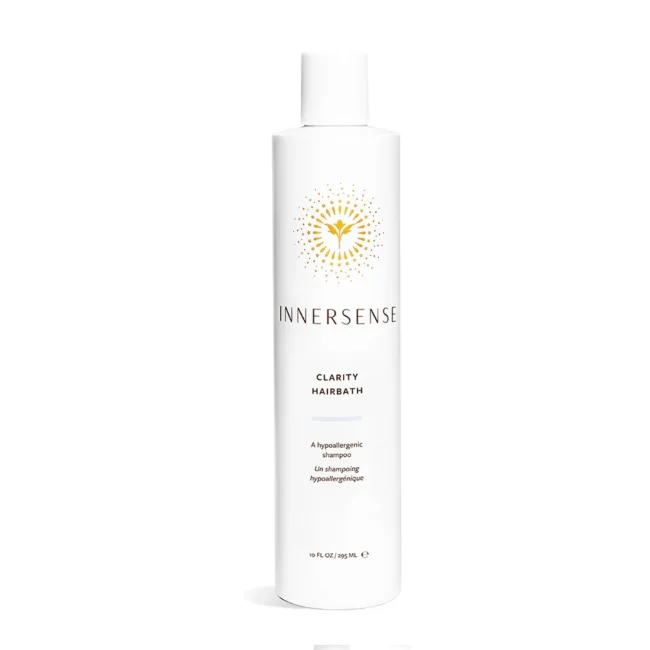
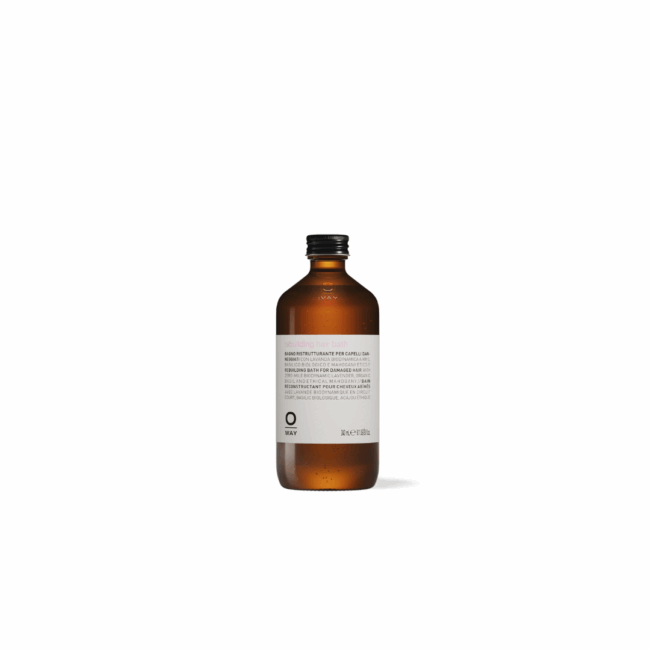
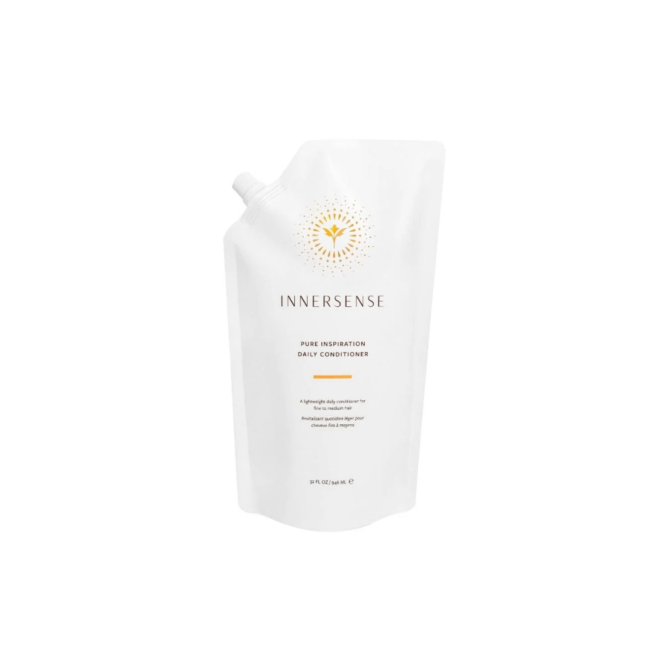
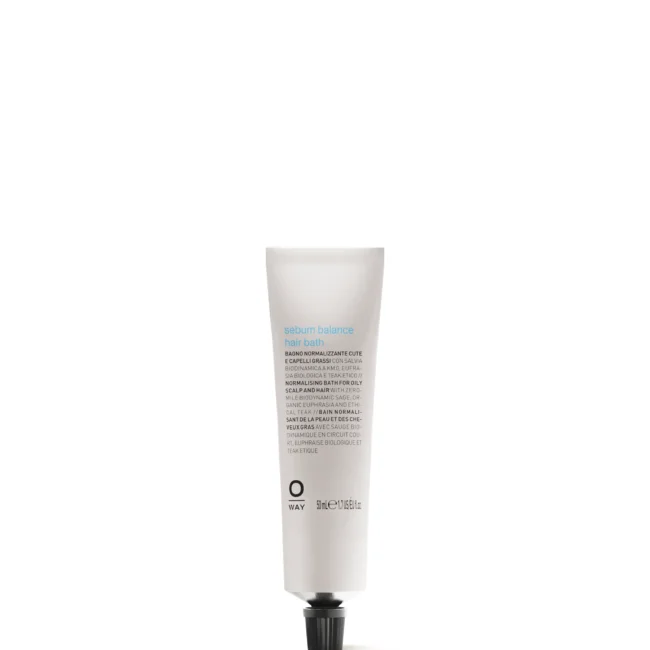
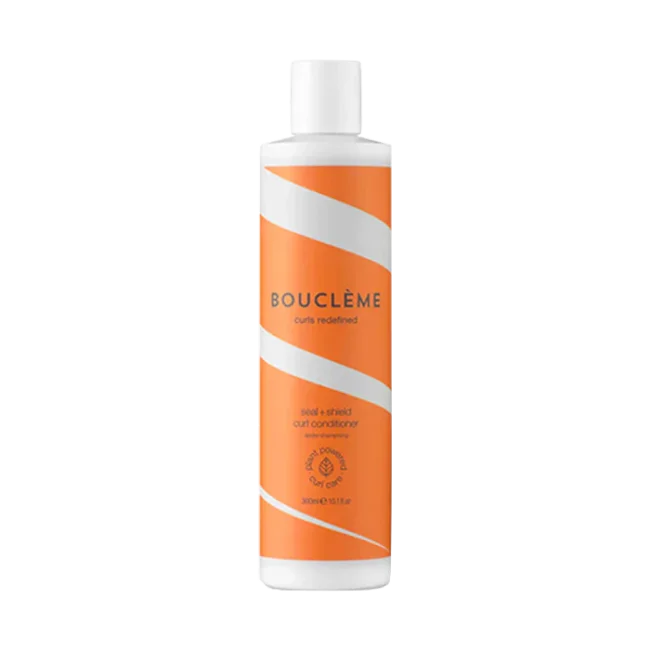
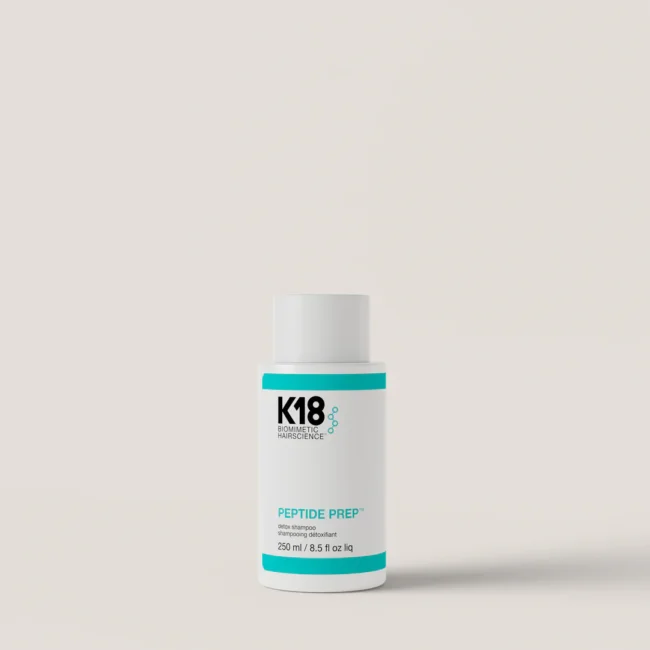

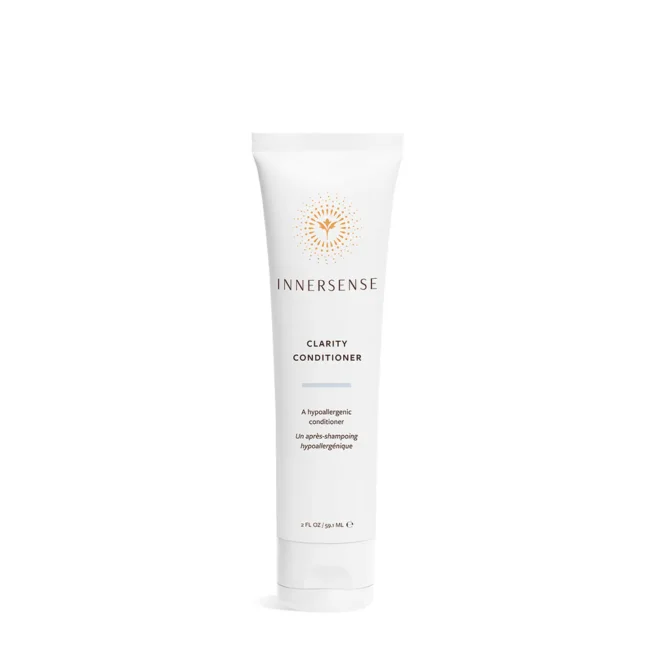
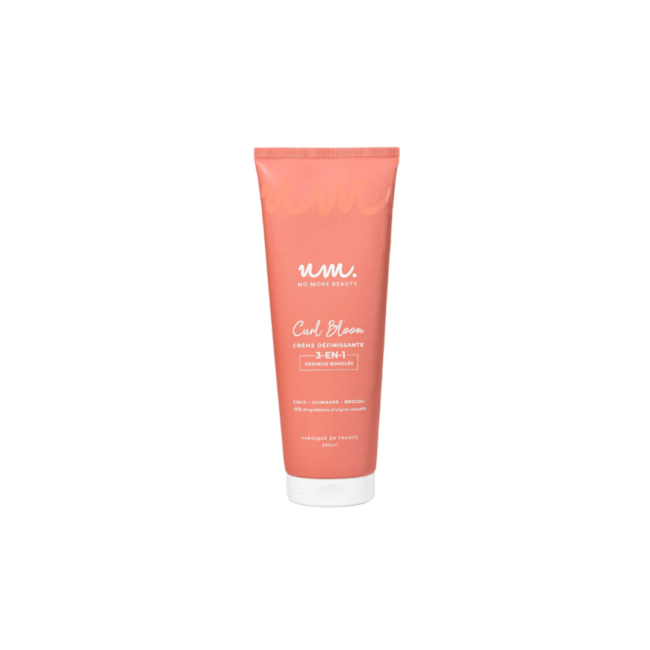
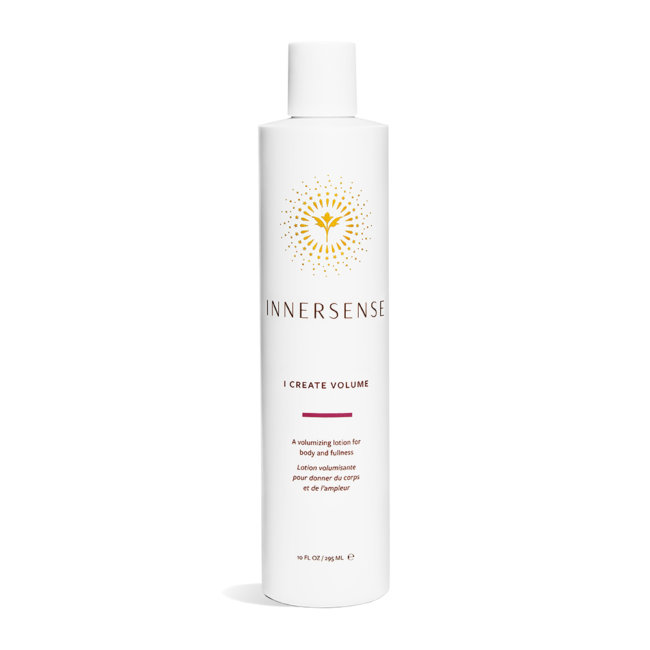
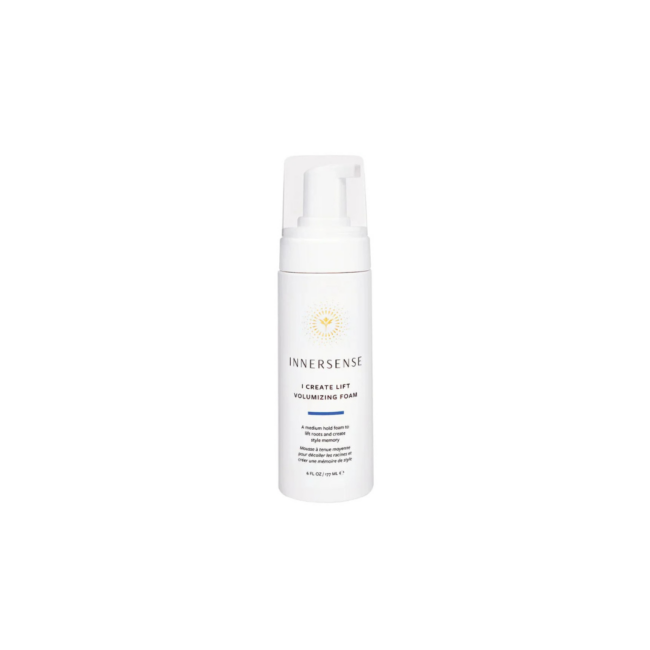
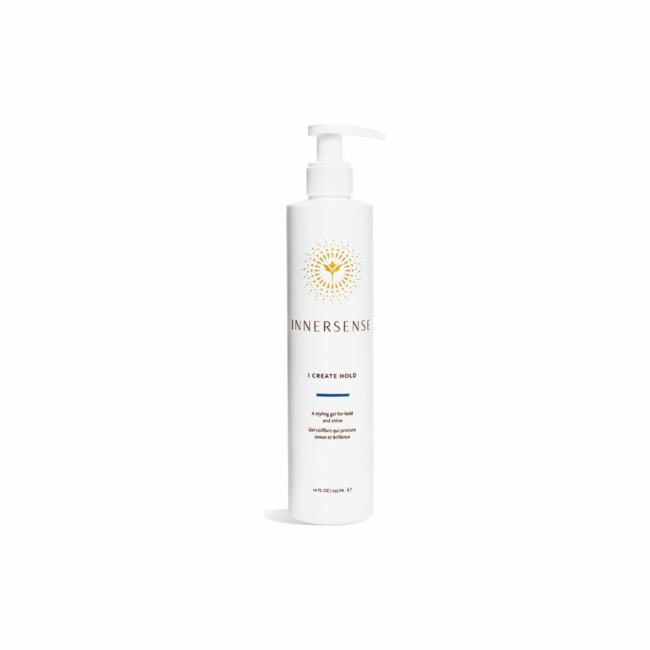
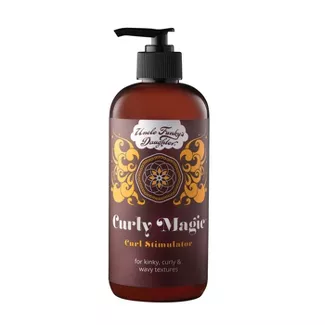
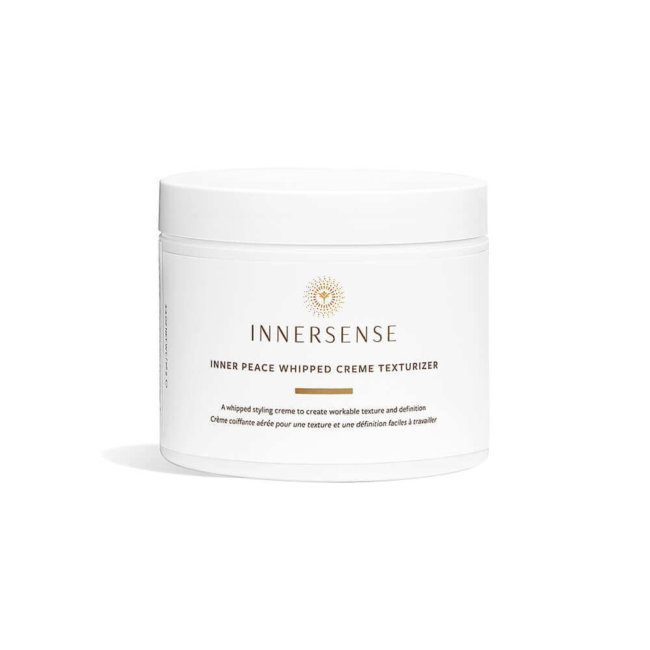

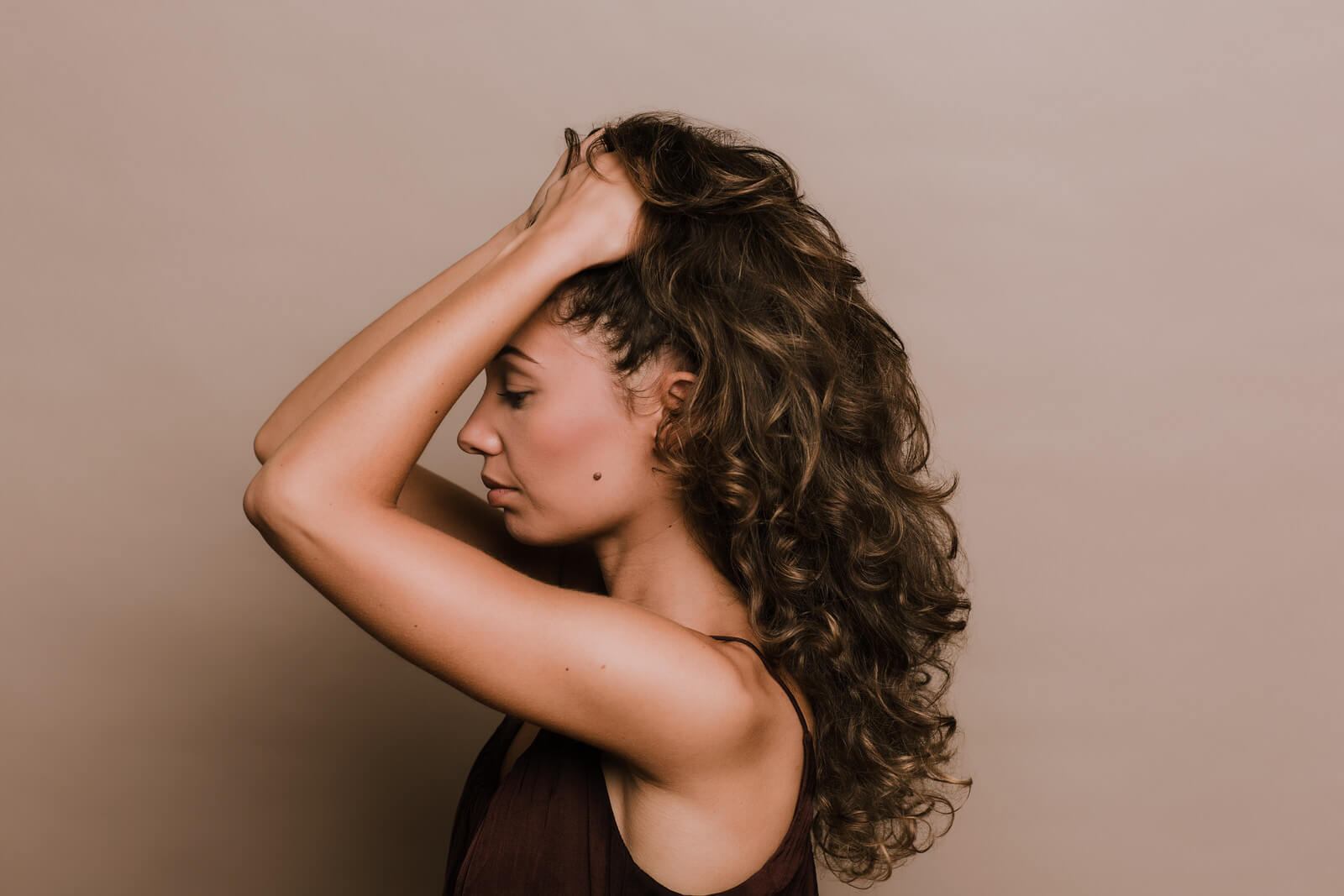

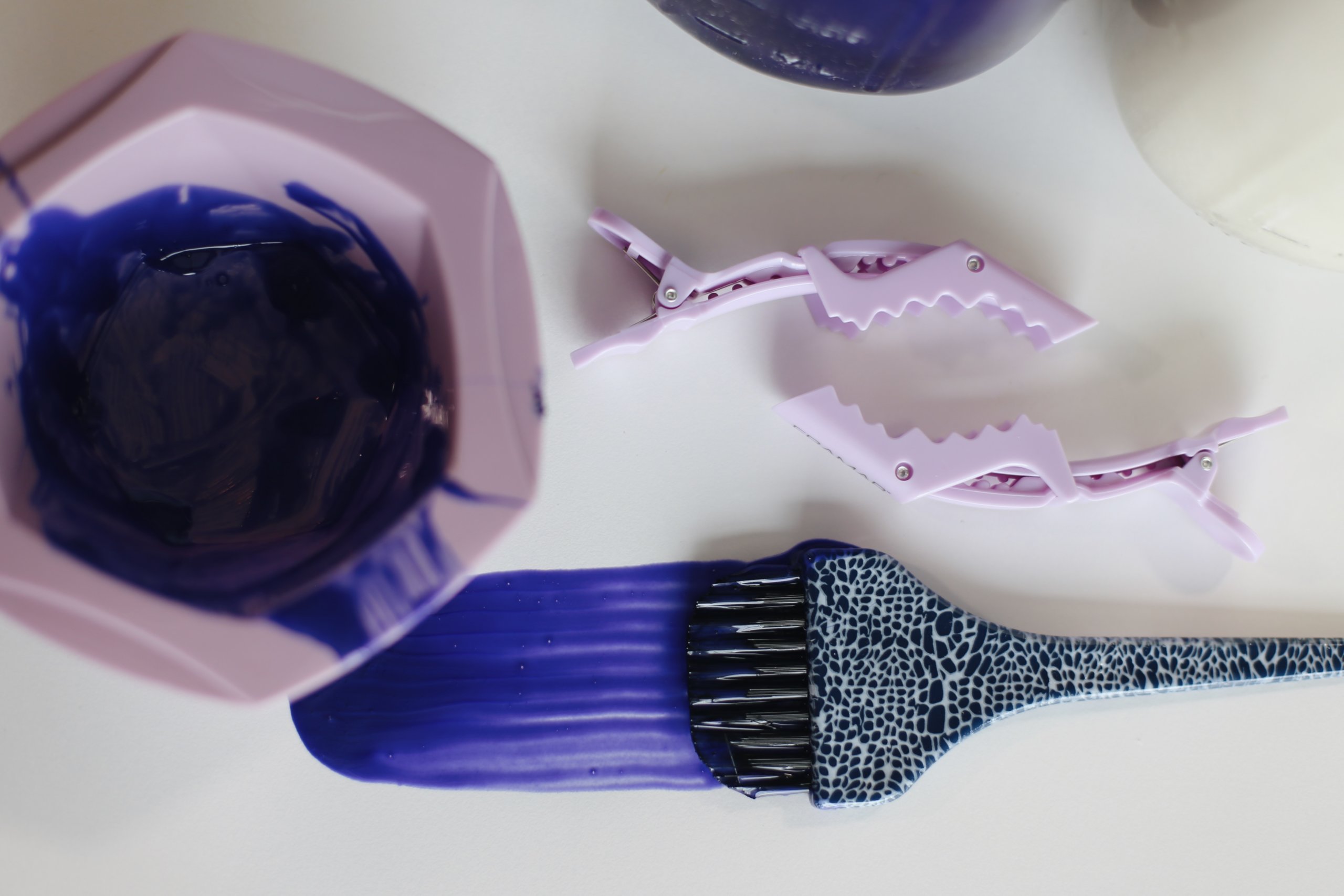
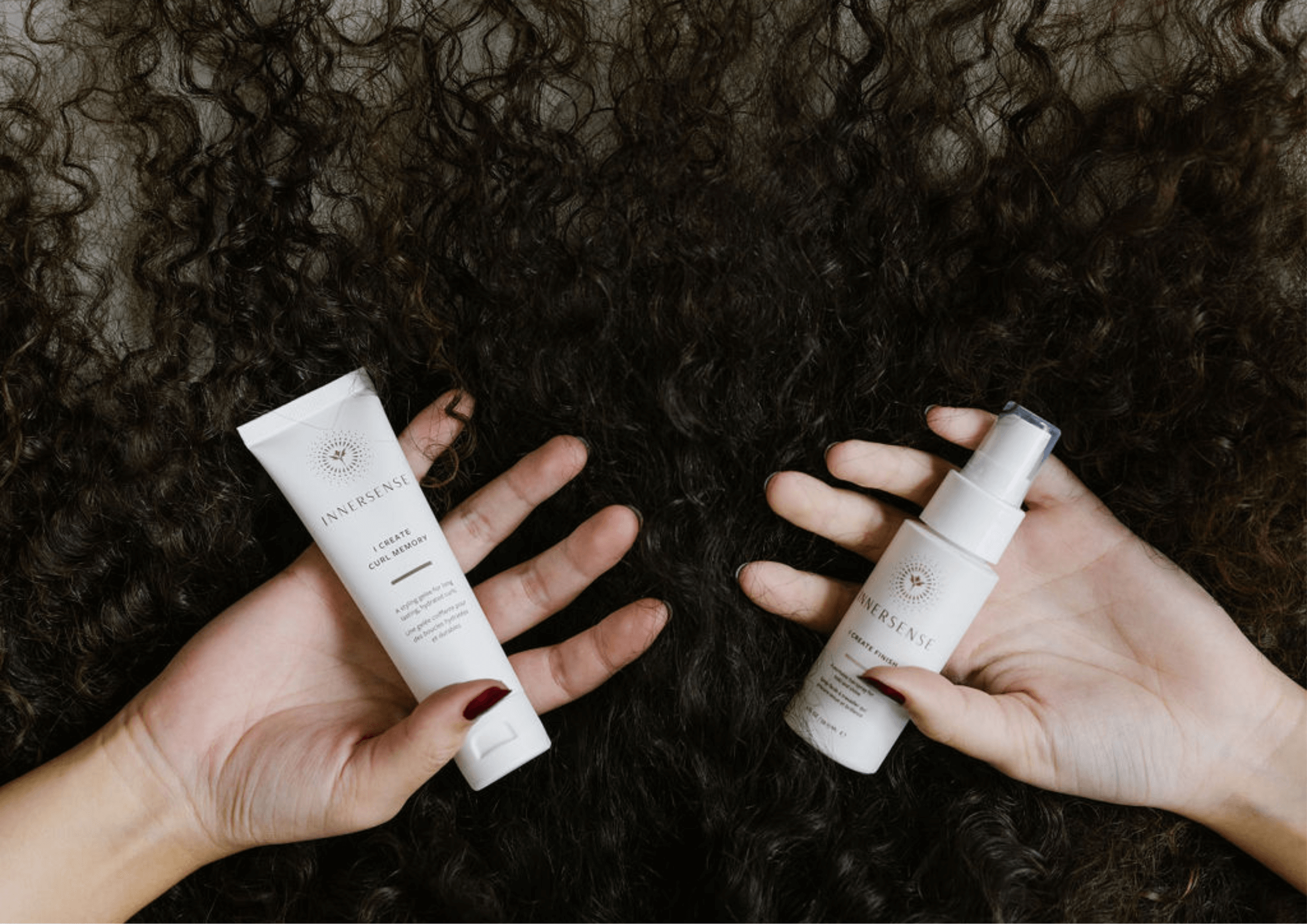
Leave a Reply